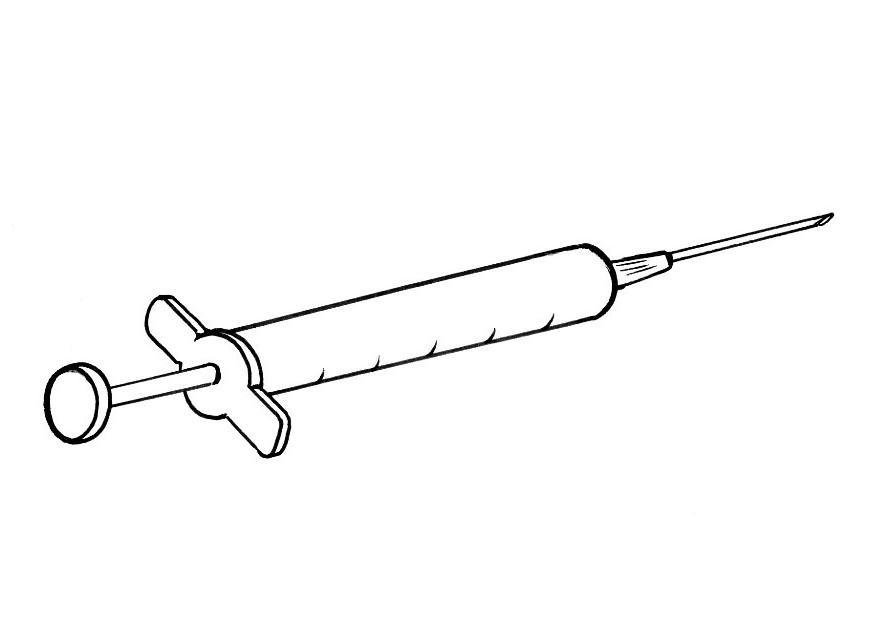The reason the above question is important is as follows,
· Firstly, if we can determine which type of audience a soap opera audience is according to the Uses of Gratifications then we can cater for their desires.
· By catering for the audiences’ desires then we are almost guaranteed a successful soap opera.

So, I asked a selection of sixteen people, varying in age, social class and ethnicity to list two reasons why they watch soap opera trailers. I choose that they could choose two because there are often several reasons why people may watch soap operas. However, if they watched soap operas for just one reason then they did not have to select a second option. I listed all four Uses of Gratification so the participants could select reasons why they watch soap opera trailers.
Below are the Uses of Gratifications.
‘I watch soap operas...’
1. For entertainment.
2. To establish a personal relationship with a character from the soap opera.
3. To be educated.
4. To change my personal identity which is influenced by a character from the soap opera.
Below are the results, presented in a pie chart.
All sixteen people said they watch soap operas for entertainment. Two gave a second option that they watch soap operas to establish relationship with characters. The other two uses of gratifications were not selected. This informs us that the majority soap opera audiences watch soap operas for entertainment purposes only, making them a passive audience. Also it informs us that no one believes soap operas offer any real education and that no one would like to base their personality on a soap opera character.

By realizing a soap opera audience are passive we can determine they belong to the Hypodermic Needle theory audience. Meaning the audience watches and doesn’t think, instead, are just entertained, almost injected with soap opera ideas with no resistance. By having little resistance in thought the audience also will decode messages in the preferred reading desired by the producer.
Stuart Hall (1973) is a key leading media theorist. He determines that there are three ways an audience can decode a message which was encoded by a producer. The audience can...
· Accept the text as the producer intended. (Known as a preferred reading.)
· Accept parts of the text but challenge other sections. (Know as a negotiated reading.)
· Disagree with the text and rejects the producers intention. (Known as a resistant reading.)
As our audience are passive, fed ideas through the hypodermic needle then they will not challenge the producers encoding, unless the plot in extremely unrealistic. They will often accept these encoded messages unconsciously.
Tony Angellotti (2005) “The audience have the greatest power. It’s the audience who tell you what they like.” This is why it was important that I research what type of audiences’ soap opera audiences are. I needed to know they were passive so I could deliver what they liked. I will include my findings into our soap opera trailer.

No comments:
Post a Comment